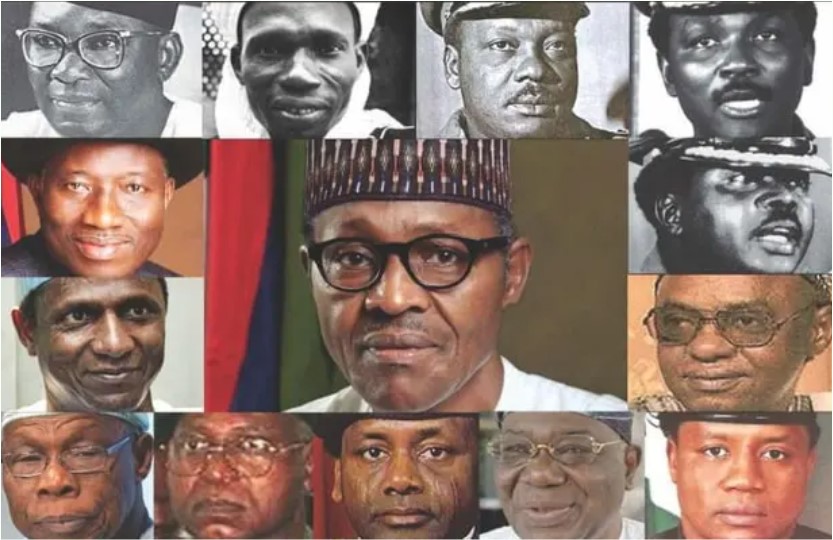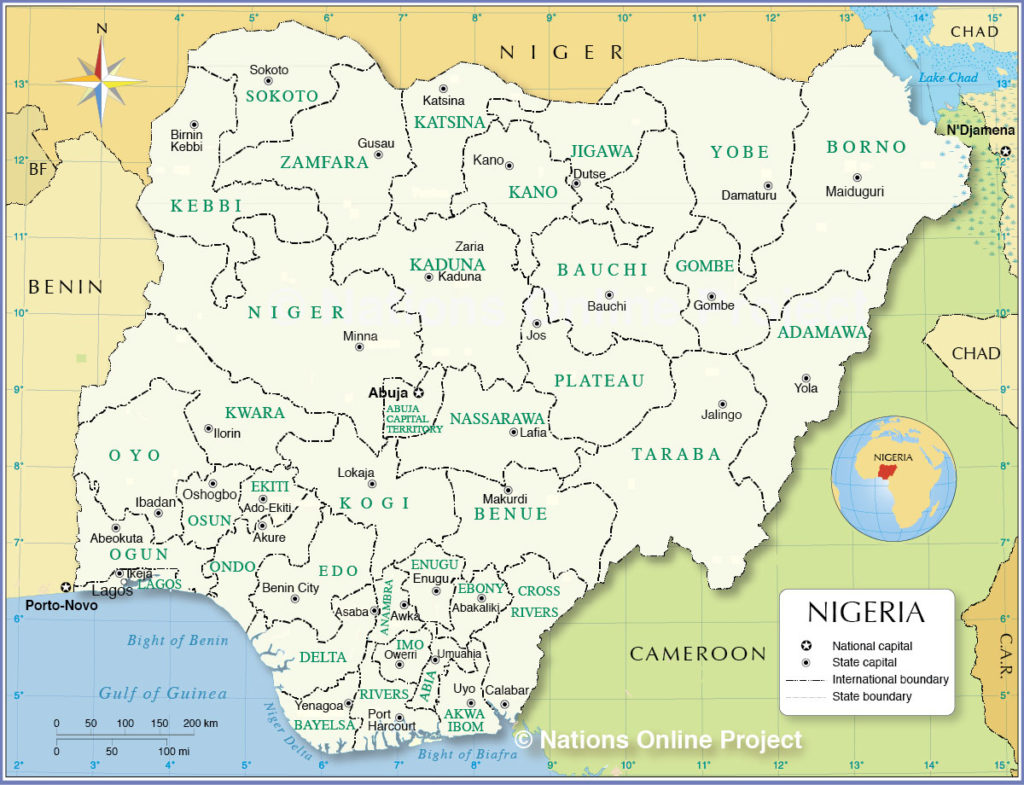Nigeria’s first democratic elections were held in 1959, when the country was still a British colony. The elections were won by the National Council of Nigeria and the Cameroons (NCNC) party, led by Nnamdi Azikiwe.
The NCNC formed a coalition government with the Northern People’s Congress (NPC) party, led by Abubakar Tafawa Balewa. This coalition government was in power until 1966, when a military coup overthrew the government and ushered in a period of military rule.
The military rule lasted until 1979, when a new civilian government was elected. This government was led by Shehu Shagari of the National Party of Nigeria (NPN). The Shagari government was in power until 1983, when it was overthrown in another military coup.





